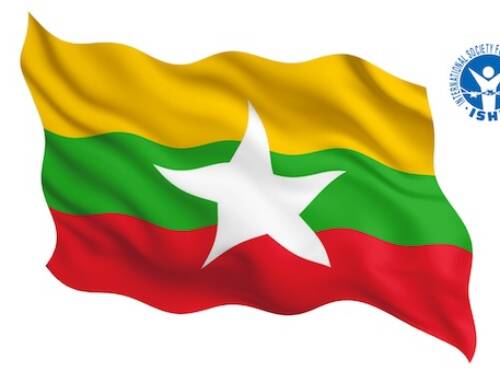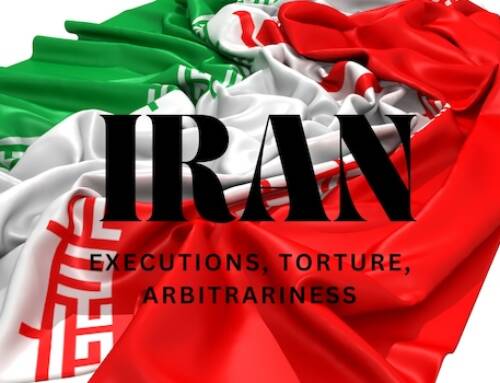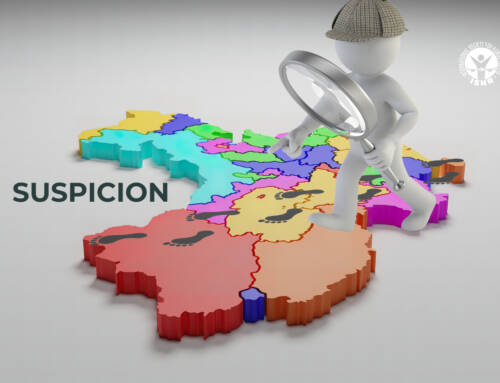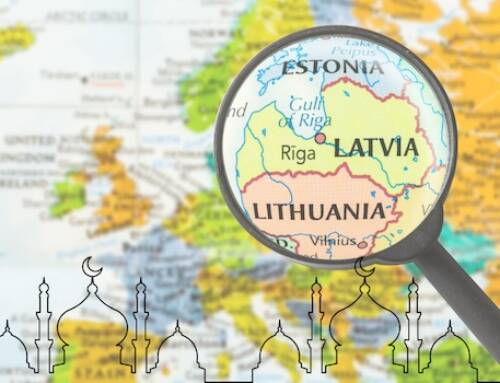NORTH & SOUTH AMERICA

Hunger strike, wave of arrests and repression in Cuba
Hundreds of Cubans inside and outside of Cuba have held a hunger strike for three days. They are calling for the freedom of all political prisoners in Cuba and the end of state repression. At the same time, one of the largest waves of arrests has been taking place in Cuba for a long time. What are the reasons?

Martin Lessenthin, Spokesman of the Board of the International Society for Human Rights (ISHR)
The regime is panicing because the grievances in health care are obvious due to the Corona pandemic and this is criticized in public. It’s about intimidating and silencing journalists and bloggers.
Among the protesters was also the dissident José Daniel Ferrer who was recently released from a more than 100-day arbitrary detention. He was sentenced to four and a half years in house arrest. Should he be silenced by any means?
José Daniel Ferrer is the most important personality in Cuba’s democracy movement. He had to suffer a lot because of his consistent criticism of the regime. This also applies to his family, who is held responsible as well. As President of the largest Cuban opposition movement, UNPACU, he should primarily be silenced. The logic of the regime is that if Ferrer is silent, UNPACU is silent, the Cuban democracy movement is silent.
The strikers also commemorate civil rights activist Orlando Zapata Tamayo, who died nine years ago. He was the founder and member of a freedom movement in Las Tunas and was actively involved in the Varela project. How important is the project today?
The demands of that time are still relevant today and live on among civil rights activists. They are a taboo and an issue of fear of the totalitarian Cuban communists. The Varela initiative originated from the Christian social movement in Cuba, whose supporters have now largely joined the UNPACU civil rights movement. The famous “Ladies in White” also support the Varela project’s demands for freedom of expression, freedom of assembly, freedom of association, free elections and democratic reforms.
Journalists are particularly affected by the current wave of arrests. Are the reasons for the detention primarily their reports of insufficient food supply in the context of the corona crisis or because of the demand for human rights?
The demands for human rights play a central role. Food is always missing in Cuba. To this day, food is rationed and given out using food cards. The demand for transparency is currently of great importance. People want to know why Cuba does not comply with hygiene standards in the medical centers and why doctors, medicines and disinfectants are missing everywhere, but Cuba at the same time sends medical teams to Europe and Africa to help fight the corona pandemic. Doctors abroad are missed and people feel sorry for them. They feel sorry for them because some of them have to work outside their country against their will and, despite their dangerous work, are far away from being paid as much as the amount thar is normal for foreign doctors.





